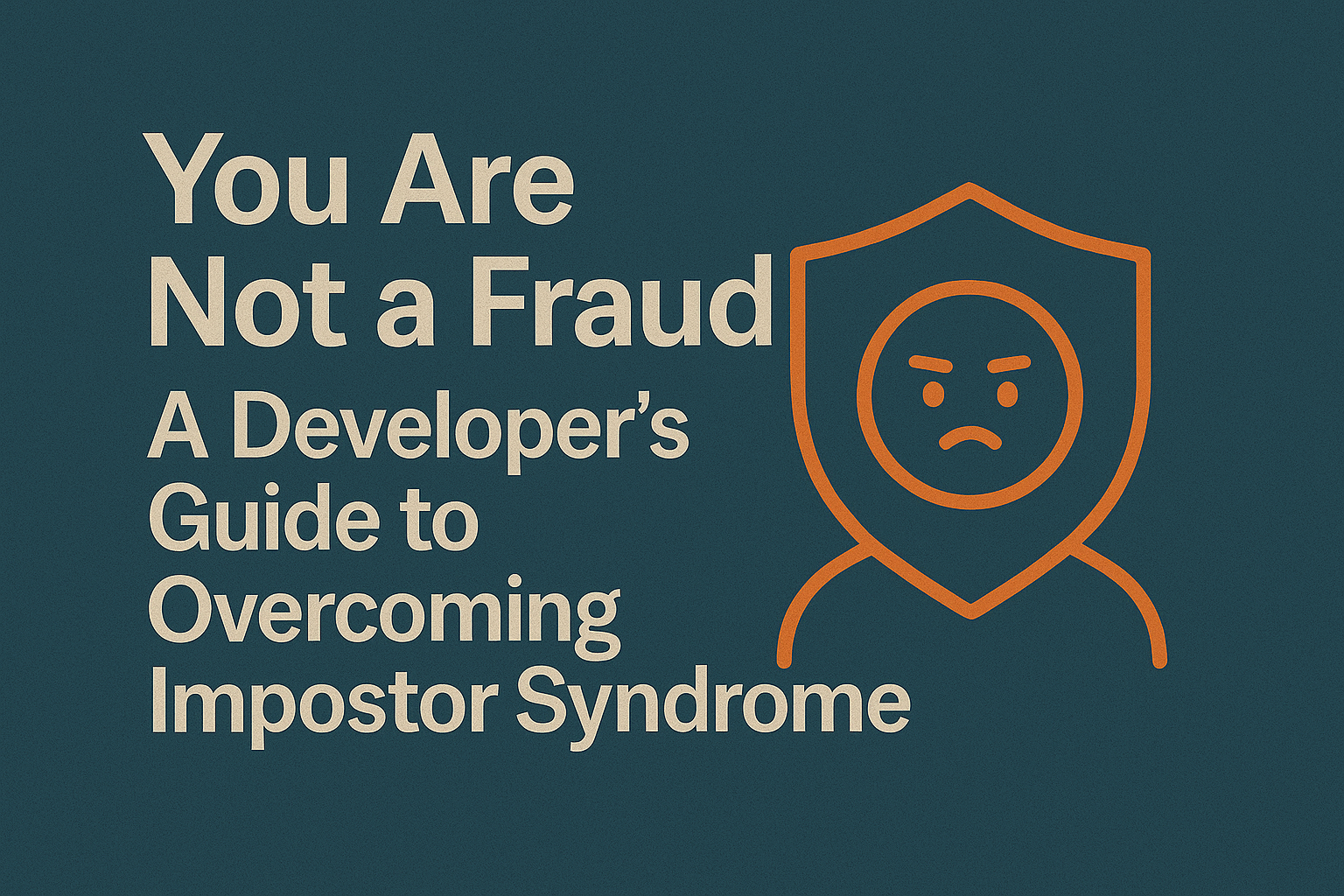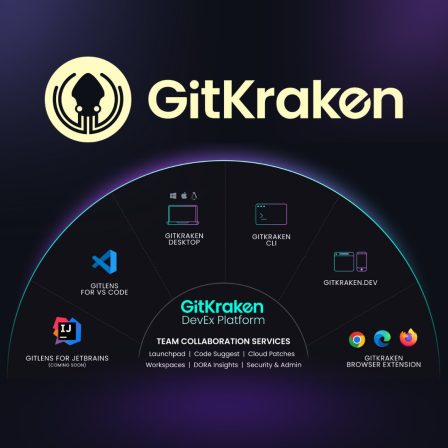
You Are Not a Fraud: A Developer’s Guide to Overcoming Impostor Syndrome
“Everyone else here is a genius. They’re going to find out I don’t know what I’m doing. I’m a fraud, and it’s only a matter of time before I’m exposed.”
Does this internal monologue sound familiar? If so, you’re not alone. This nagging feeling of self-doubt, despite your accomplishments, has a name: Impostor Syndrome. It is incredibly common in high-achieving fields, and the tech industry is a perfect breeding ground for it.
This isn’t a sign of weakness; it’s often a sign that you are challenging yourself to grow. This guide will explore why developers are so susceptible to this feeling and provide practical, actionable strategies to manage and overcome it.
Why Are Developers So Prone to Impostor Syndrome?
- The Pace of Change: The tech landscape changes at a dizzying speed. It’s literally impossible to know everything, so it’s easy to feel like you’re constantly behind.
- The “Comparison Culture”: We spend our days on GitHub and social media, seeing the polished, final products of others. We don’t see the messy process, the frustrating bugs, and the hundreds of failed attempts that came before the success.
- The Nature of the Work: A huge part of our job is debugging. We spend hours, sometimes days, in a state of “not knowing.” This constant confrontation with the limits of our own knowledge can feed feelings of inadequacy.
Practical Strategies for Managing Impostor Syndrome
You can’t just “think your way out” of this feeling, but you can build systems and habits to fight back with evidence.
- Track Your Accomplishments (Keep the Receipts): Your brain is wired to forget your wins and fixate on your failures. You need to create a log of your successes. Use a simple tool like [Notion] or a text file to create a “brag document.” Every time you solve a hard bug, learn a new concept, complete a project, or help a teammate, write it down. When self-doubt creeps in, read it.
- Focus on “Just-in-Time” Learning: You don’t need to master every framework. Focus on learning what you need for the task at hand. A great developer isn’t someone who knows everything, but someone who knows how to learn effectively. Use platforms like [Frontend Masters] or [Educative] to get up to speed on a specific technology when you need it.
- Separate Your Identity from Your Code: A critical code review is feedback on a piece of work, not a judgment of you as a person. The goal is to make the product better, together. Using professional tools like [GitKraken] or [Tower] can help visualize changes and discussions around the code itself, depersonalizing the feedback process.
- Teach What You Know: The fastest way to realize how much you’ve learned is to explain it to someone else. Mentor a junior developer, answer a question on Stack Overflow, or write a short blog post about a concept you recently mastered.
- Acknowledge Your Tools as Leverage: Recognize that part of being a professional is using tools that make you more effective. You are not expected to build everything from scratch. That’s why we use powerful IDEs from [JetBrains] and automated security tools like [1Password]. They are leverage, not a crutch.
Conclusion
Impostor Syndrome may never disappear completely, especially for those who are ambitious and constantly pushing their boundaries. But it can be managed. See it not as evidence of your inadequacy, but as a compass pointing toward the edge of your comfort zone—the very place where real growth happens.
Your journey as a developer is one of constant learning and growth. The right tools can give you the confidence and efficiency to overcome challenges and build amazing things. At SMONE, we’re proud to provide the toolkit that supports your growth, every step of the way. Explore our collection and invest in your confidence.































































